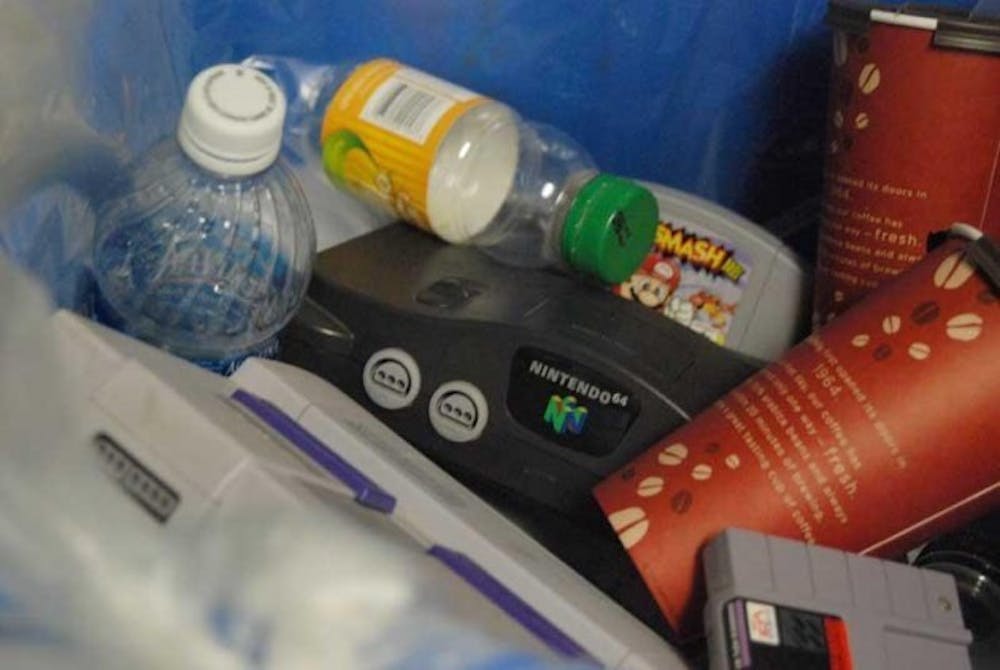For some college students, $60 is a steep price to pay to live in a virtual world. For others, this price is just an obstacle waiting to be fragged.
After the price of a console (or computer, if that's more your speed), game and – for most – an online subscription, players are looking at roughly $400. Which, for most college gamers, isn't an amount found between the couch cushions. They're left with few options: either sell their beloved collections or resort to a life of piracy on the digital waves.
To many, pirating games isn't their morale choice, but rather something they've been coerced into by an industry they view as unjust.
"I don't want to play a game and it's beaten in four hours and pay $60 for it, cause that's just not economical," said Jeffrey Lynn Wakefield II, a junior marketing major. "[Piracy is hurting the industry] but it's in response to an already broken system."
Though pirating is illegal, many view it as the better choice when faced with selling their electronic armory.
With videogame juggernaut Gamestop controlling a vast majority of used game sales, many gamers feel that trading in their well-worn titles doesn't produce the same kind of loot they dropped just a few months prior. Among them being Jason Wong, a sophomore computer science major and treasurer of the Student Strategists and Role Players Association (SARPA).
"First time I went to trade in a game, I think it was one of the old Onimusha games, I was like ‘This is a great game, I'll get a decent price for it,'" Wong said. "I walked in and [the employee at] Gamestop was like ‘That's a pretty old title there, son. It's about two bucks here.' What am I going to do with that?"
Wong isn't the only one on campus with a fed up mindset. Wakefield explained that after bringing 15 games to a local Gamestop, he walked out with only $60 in hand. This 15 for one exchange is only turning off players to purchasing to their thumb's content. This is causing players to being more selective with their choices.
"[Pirating the game] is a demo for me. I play it, if I like it, I'll buy it. It might not be when it's $60, it might be when the price falls down, but eventually the money goes to the publishers if I like the game," Wakefield said.
Still, not every gamer views trading in games as a substantial loss. Some find the exchange to be worthwhile and a great alternative to shelling out $60 or running the risk of getting "pwned" by a hefty copyright fine.
Joshua Brodsky, a sophomore accounting major and president of SARPA, is one such person.
"I mean sometimes [trade-in value is] low, but I understand it. You know, I trade a bunch of stuff I'm not using and get something that I want," Brodsky said.
While high price tags and low trade-in values may be hurting most gamers, companies like Steam offer an electronic crutch for gamer's mana-depleted wallets.
Steam, a digital distribution engine, allows gamers to purchase software directly to their hard drive for a typically lower price than their physical counterpart. It also provides avid players weekly deals on select titles.
"Steam often has sales on their games," said Stephen Ungvary, a senior psychology major. "I recently downloaded Team Fortress 2 for free and it still has a huge online component."
Whether players walk the path of impoverished gaming or outright thievery, players are always looking for the cheapest way to stay plugged in.
Email: arts@ubspectrum.com





